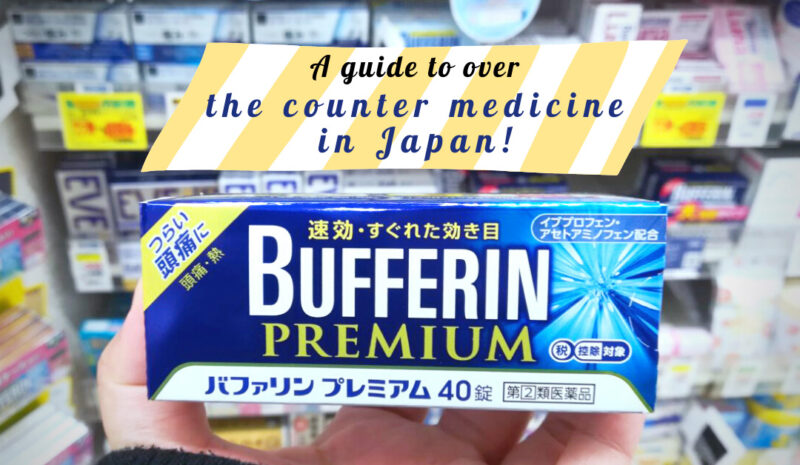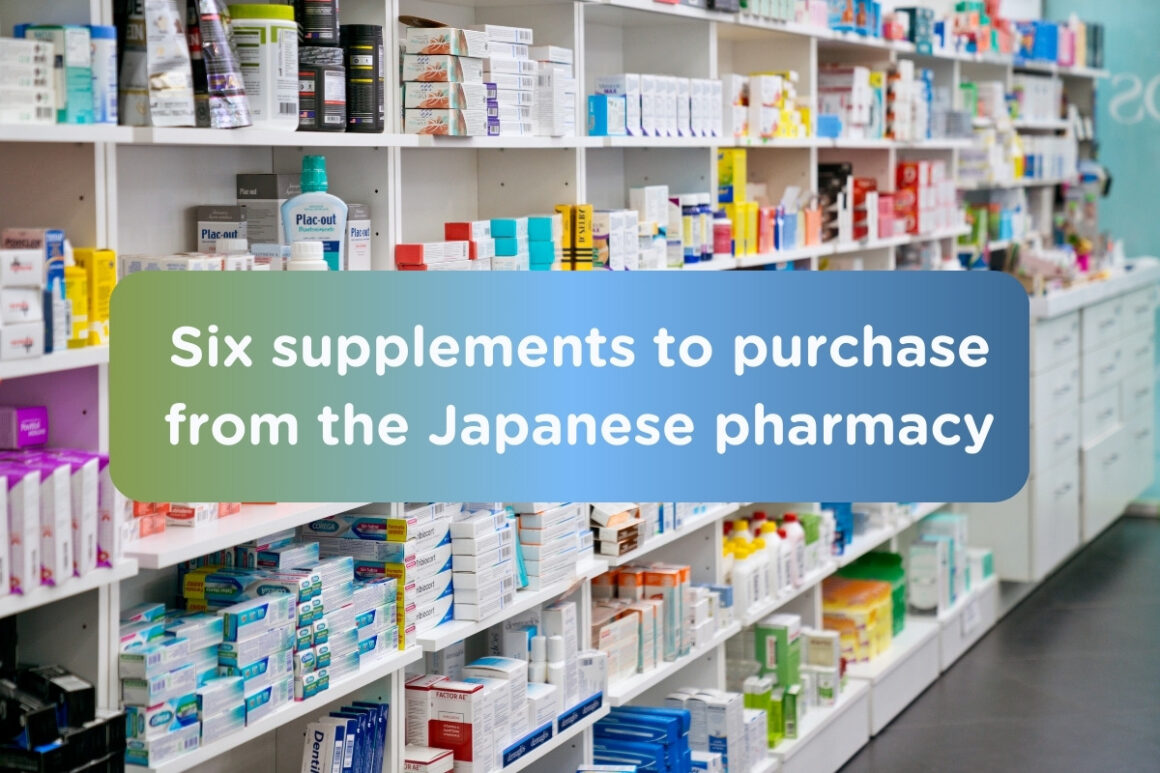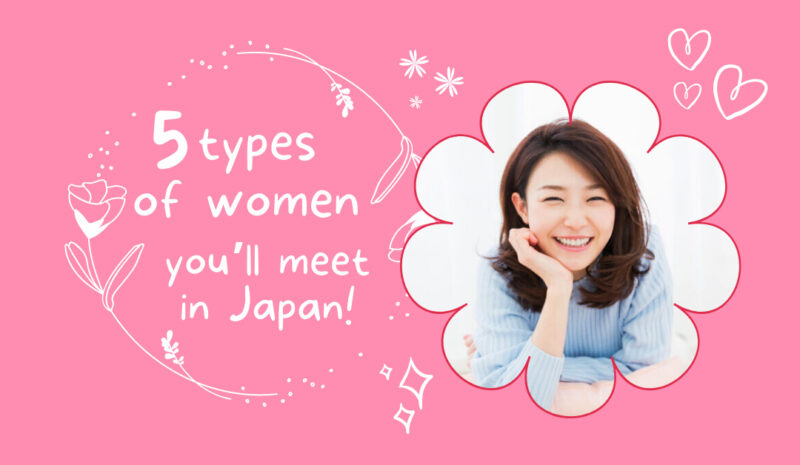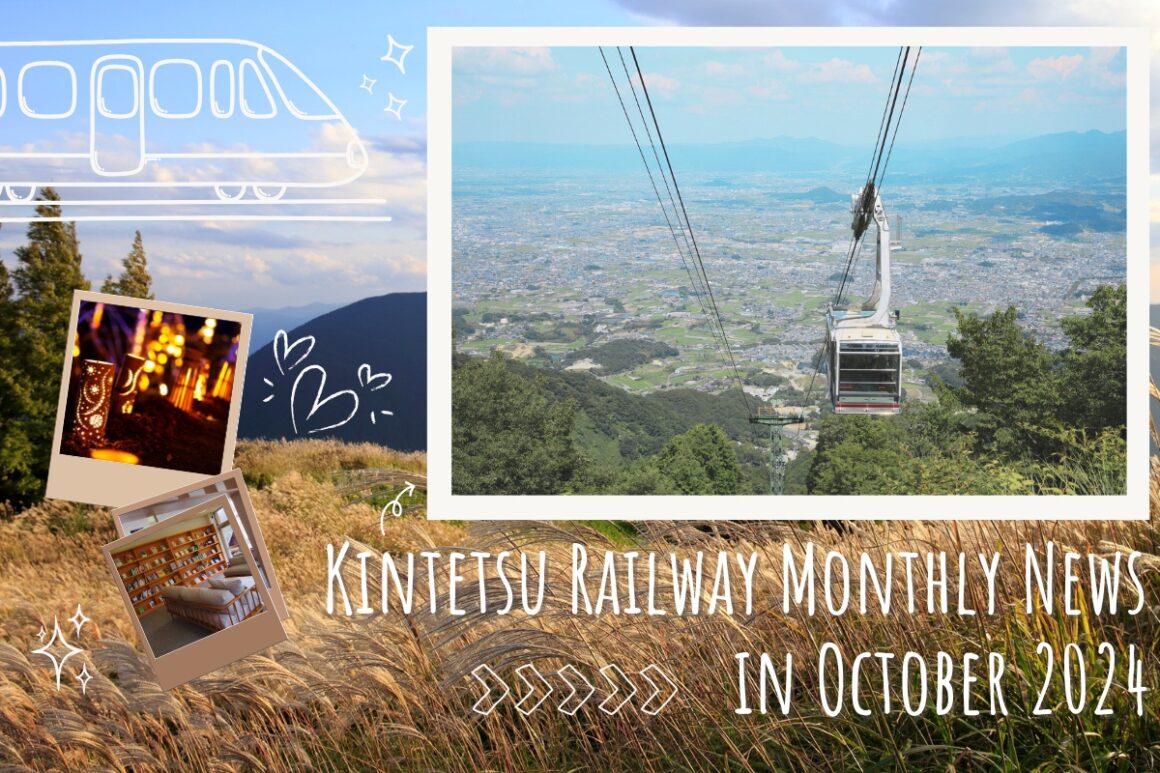Basic Japanese phrases to learn before going to Japan
Jun 06, 2024
Basic Japanese phrases to learn before going to Japan
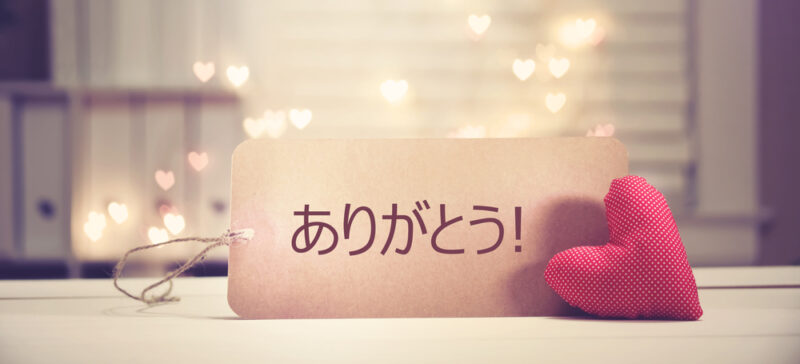
Traveling in Japan can be difficult if you don’t understand the language, and some people hesitate to travel to Japan because they’re afraid of the language barrier they’ll experience while traveling across the country.
However, the truth is, you don’t need to be fluent in Japanese to have a successful and wonderful trip to Japan, all you need to do is to learn several key Japanese phrases to make your trip much better. In this feature, we’ll introduce five key phrases to learn before you fly to Japan, and let’s get into it!
Index
- Konnichiwa (こんにちは)
- Arigatō gozaimasu (ありがとうございます)
- Sumimasen (すみません)
- …… wo kudasai (〜をください)
- …… wa doko desuka? (〜はどこですか)
1. Konnichiwa (こんにちは)
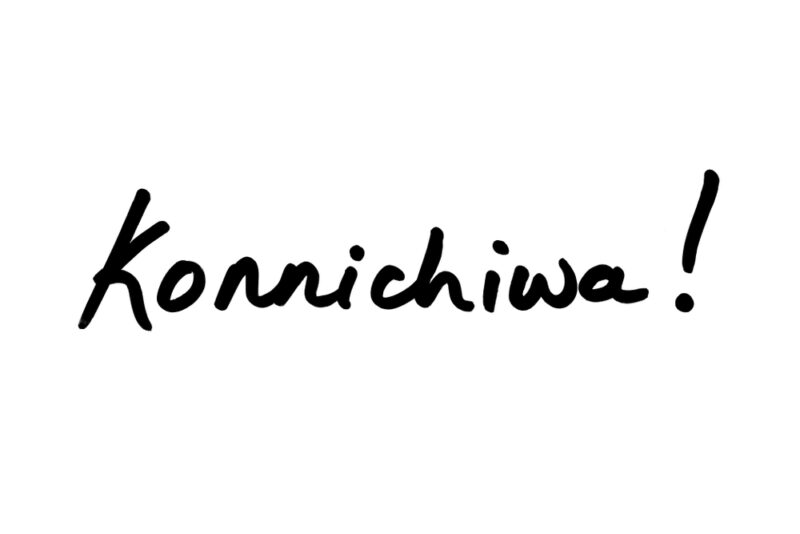
Let’s start with the word for greeting: konnichiwa.
Konnichiwa is usually used during the day, and other words to use to greet people in the morning and evening are “ohayō gozaimasu” and “kombanwa”. However, Japanese simply use konnichiwa to say hello to others throughout the day.
2. Arigatō gozaimasu (ありがとうございます)
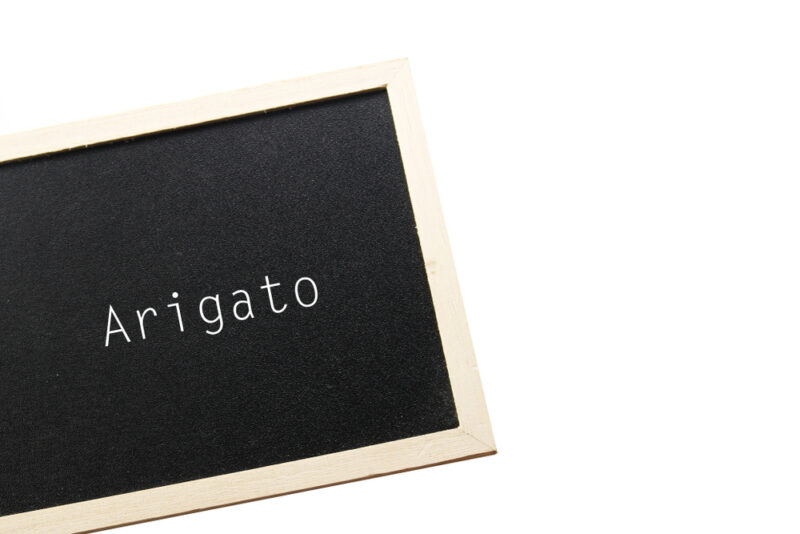
One of the most important words in this world is “thank you”, and you’ll find opportunities where you’ll say thank you a lot in Japan.
The word for thank you in Japanese is arigatō gozaimasu, and since in Japanese the u at the end of some words is barely pronounced, the correct pronunciation for these words is “arigatō gozaimas”.
You can simply say arigatō, which is a little more casual, but perfectly fine.
3. Sumimasen (すみません)
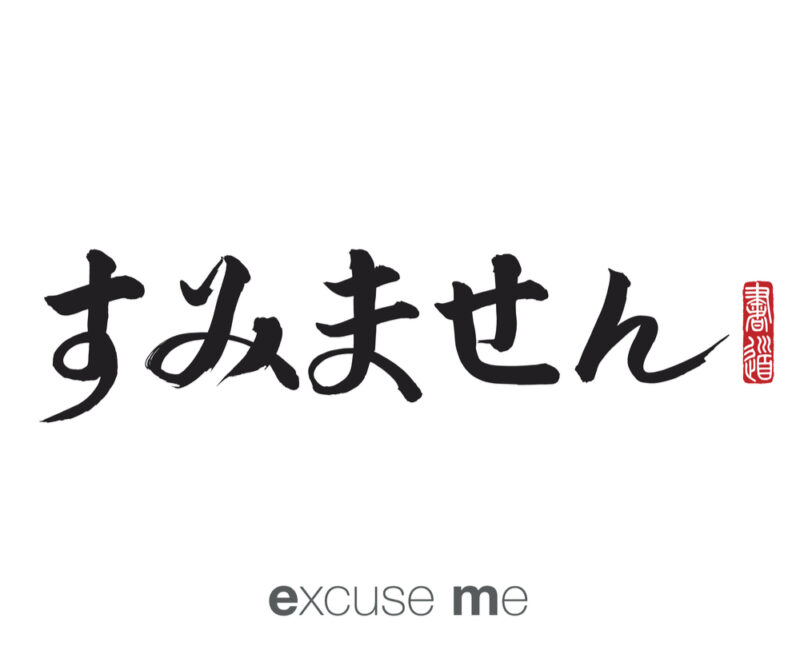
Being able to excuse yourself is important no matter where you are, and the word for excuse me in Japanese is sumimasen. You’ll be using this phrase a lot, as you can use it both to get a person’s attention and also to apologize.
For example, you can use sumimasen at an izakaya (a Japanese-style bar) to get a waiter’s attention, or you can say sumimasen when you accidentally walk onto a tatami floor with your shoes on.
4. ___ wo kudasai (〜をください)

You will have a lot of opportunities to ask others to get you something when traveling to a new place, and the ___ wo kudasai (〜をください) will help you a lot when you’re in Japan. The words mean “I would like ___, please.”, and you can use these words when ordering something at restaurants or when shopping for some stuff at the stores.
5. ___ wa doko desuka? (〜はどこですか)

Last but not least, is the phrase you can use to ask for simple directions or to locate something. Traveling in Japan sometimes can be hectic because almost all buildings look the same, so being able to ask “Where is the ___?” is important. In Japanese, it’s ___ wa doko desuka?, and you can fill in the blank with any places, or stuff you want to reach or locate. For example, you can say “Eki wa doko desuka?” when you want to go to the nearby train station (eki).
Read more articles
Keep up with the latest trends, news, and fun activities. For more info, check out fromJapan page!
